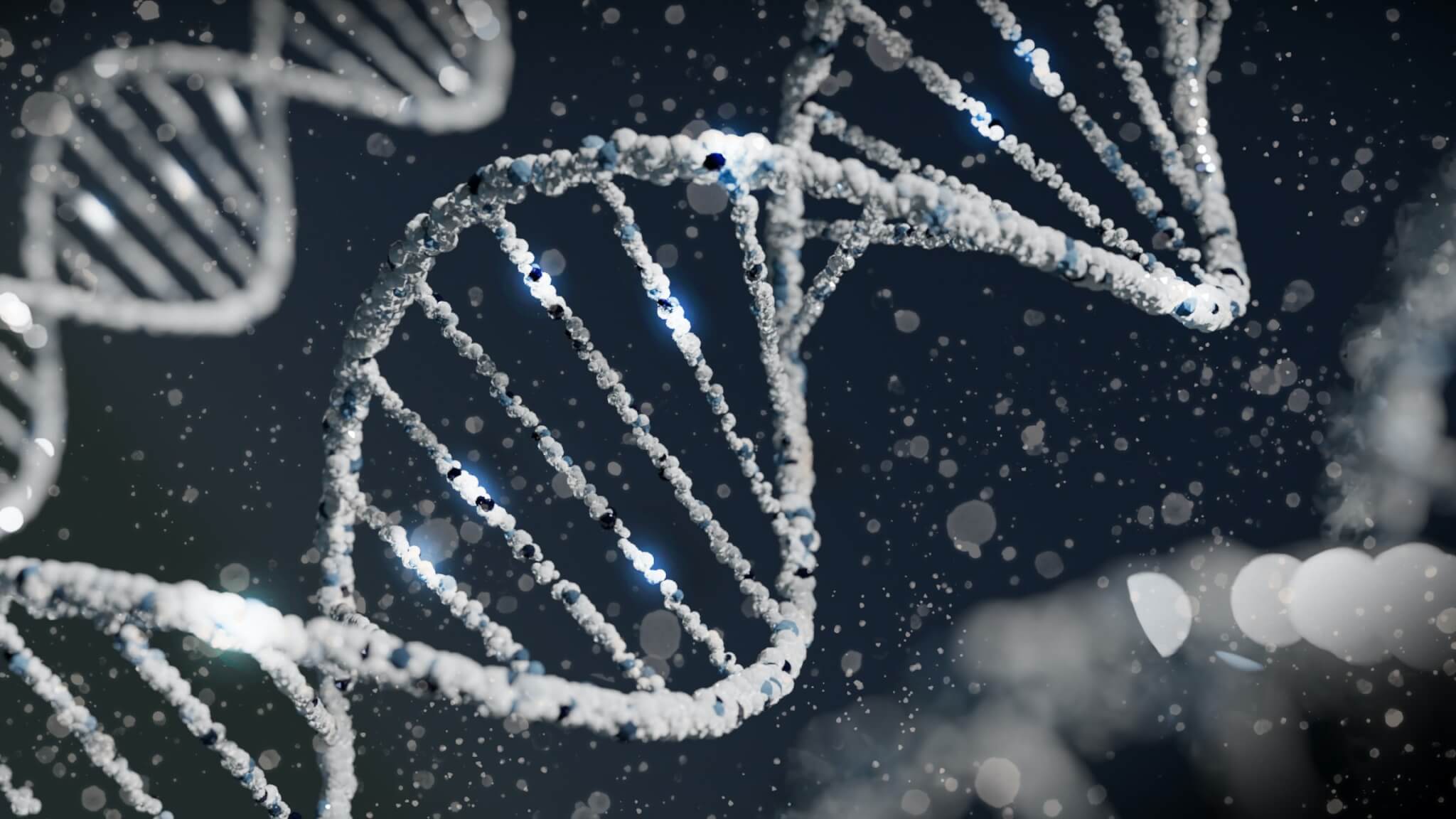CHICAGO — Vegetarianism may come down to three genes, a new study explains. In the first study of its kind, scientists identified a group of genes that have a strong connection with eating a plant-based diet. A team from Northwestern Medicine believes that an individual’s genetic makeup could be influencing their ability to adhere to a strict vegetarian lifestyle.
The study, published in the journal PLoS ONE, paves the way for further investigations that could shape dietary recommendations and influence the production of meat substitutes.
“Are all humans capable of subsisting long term on a strict vegetarian diet? This is a question that has not been seriously studied,” says corresponding study author Dr. Nabeel Yaseen, professor emeritus of pathology at the Northwestern University Feinberg School of Medicine.
Interestingly, between 48 and 64 percent of those identifying as “vegetarians” admit to still consuming fish, poultry, or red meat. This discrepancy led Dr. Yaseen to ponder whether environmental or biological factors might supersede the intent to maintain a vegetarian lifestyle.
“It seems there are more people who would like to be vegetarian than actually are, and we think it’s because there is something hard-wired here that people may be missing,” Dr. Yaseen continues in a media release.

To probe the potential genetic link, researchers analyzed UK Biobank genetic data of 5,324 strict vegetarians — those not consuming fish, poultry, or red meat — and compared it to 329,455 controls, all of whom were White. The study pinpointed three genes significantly tied to vegetarianism and another 31 with potential associations.
Several identified genes, including two top contenders (NPC1 and RMC1), play roles in lipid metabolism or brain function, according to the study.
“One area in which plant products differ from meat is complex lipids,” Yaseen says. “My speculation is there may be lipid component(s) present in meat that some people need. And maybe people whose genetics favor vegetarianism are able to synthesize these components endogenously. However, at this time, this is mere speculation and much more work needs to be done to understand the physiology of vegetarianism.”
While religious and moral reasons often motivate vegetarianism, recent studies also vouch for its health benefits. Although the vegetarian population is growing, it remains a minority. For instance, only about 2.3 percent of U.K. adults identify as vegetarian.
According to Prof. Yaseen, an individual’s metabolic response to food, not just its flavor, can shape preferences. As an analogy, many don’t initially enjoy the taste of alcohol or coffee. Yet, as they come to appreciate the effects of alcohol or caffeine, they develop an acquired taste.

“I think with meat, there’s something similar,” Yaseen adds. “Perhaps you have a certain component — I’m speculating a lipid component — that makes you need it and crave it.”
“While religious and moral considerations certainly play a major role in the motivation to adopt a vegetarian diet, our data suggest that the ability to adhere to such a diet is constrained by genetics,” the study author concludes.
“We hope that future studies will lead to a better understanding of the physiologic differences between vegetarians and non-vegetarians, thus enabling us to provide personalized dietary recommendations and to produce better meat substitutes.”
You might also be interested in:
- Best Vegan Cookbooks For 2023: Top 5 Guides Most Recommended By Experts
- Best Fast Food Vegan Options: Top Healthy Menu Items Most Recommended By Experts
- Are we born vegetarian? Children less likely to see farm animals as food
South West News Service writer Stephen Beech contributed to this report.


Just because one craves something does not make it good, like cigarettes or drugs. Human herbivore cultures thrive since long.Humans are not apex predators by nature, but nurture. Sure, choose what you think is best, but pay for Earth repair as part of product price. Now it is heavily subsidised. It needs laws. Animal DNA is a drug: feeds law of the jungle values. Besides animal farming is highly inefficient, takes much more land and water than plant-based food. Genes can be let dormant or ‘woken ‘up. Our genetic connections are not just with all animals but with all of nature. Don’t wake up the dinosaur in us. It is time to abandon the cavemen diet. With 8 billion people Earth holding capacity is exceeded. Be flexitarian or vegan for health and budget. Adjust!!